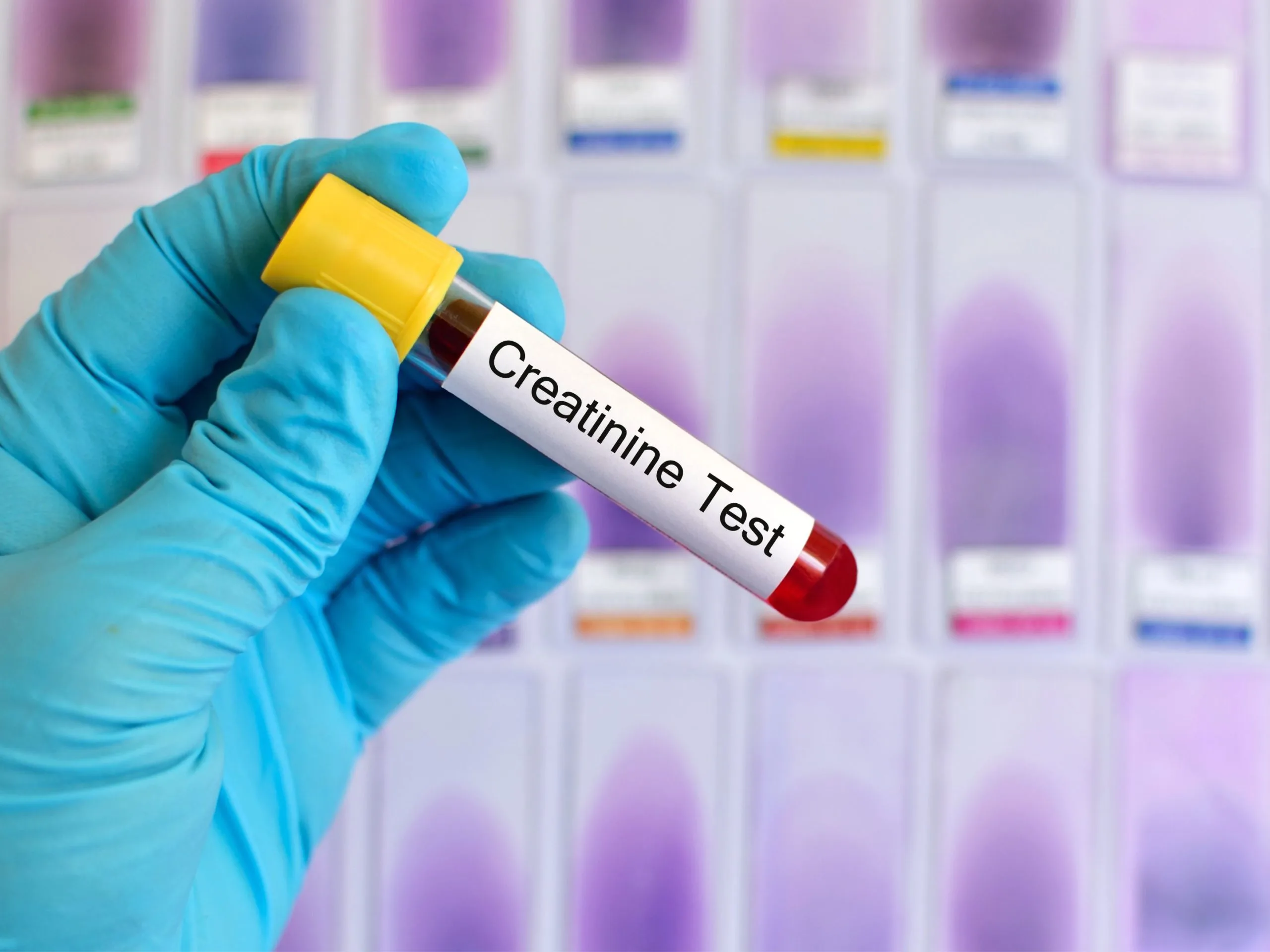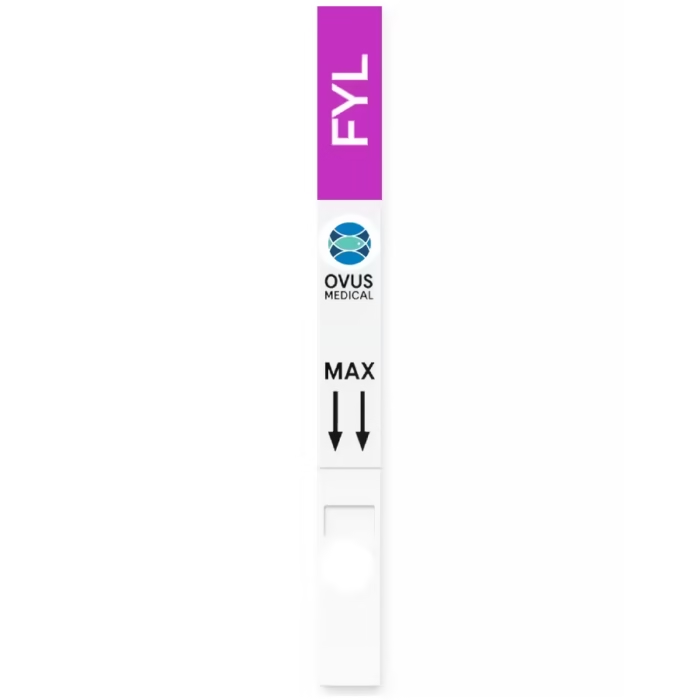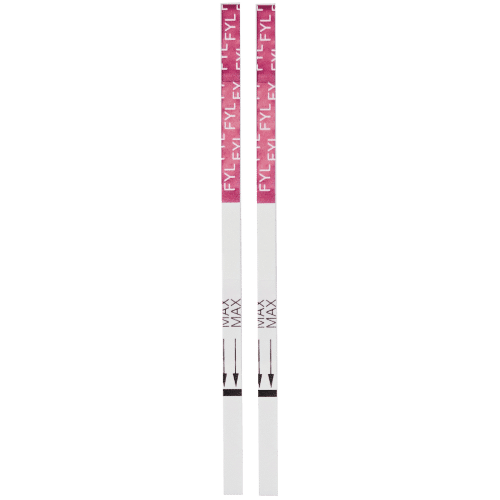What low creatinine levels in Urine Drug Test mean? Do you know that standard urine drug tests also check on one’s level of creatinine concentration? Normal creatinine levels help show that the urine sample is not diluted. How about if somebody’s urine drug test results indicate low creatinine levels?
What is creatinine?
Creatinine is a byproduct of muscle metabolism. It usually appears in urine in relatively constant quantities over 24 hours with the usual amount of liquid intake. Then, it is filtered out of the blood through the kidneys at a reasonably steady rate. Hence, there is a continual production of creatinine and a continual excretion of it in the urine.
In general, limited water intake can lead to abnormally concentrated urine, resulting in elevated creatinine levels.
Conversely, a more significant than usual water intake will dilute the amount of drug in the urine sample, thus, yielding low creatinine levels.

What are the various creatinine levels?
The normal level of creatinine in urine is from 60 mg/dL to 300 mg/dL.
The Health and Human Services, Substance Abuse Mental Health Services Administration (SAMHSA) has set the guidelines below:
Dilute urine creatinine: equal to or greater than 2.0 mg/dL and less than 20 mg/dL Most likely due to increased water or liquid intake. This can be a result of short-term water loading (flushing) in an attempt to dilute any drug below testing cut-off concentrations
Abnormally dilute urine creatinine: <2.0 mg/dL. In this case, the specimen shows a deficient creatinine value. It may be an indication that the specimen is not consistent with normal human urine.
When the urine sample is too diluted, the results are normally labeled as “inconclusive.”
What causes low creatinine levels in the urine?
Intentional and Accidental Urine Dilution
Intentional dilution of urine happens when a person purposefully alters the chemical composition of his urine sample. For example, a person is doing it intentionally if he drinks excessive amounts of water or takes diuretics to flush out the metabolites or byproducts of the drugs consumed before testing.
Adulteration is also an example of urine dilution. It involves adding water or some products like bleaching agents and detergents to the urine sample.
However, urine dilution can also be unintentional. Low creatinine levels can occur when any of the following conditions are present:
- Muscle disease (muscle weakness, stiffness, and pain; decline in mobility)
- Muscular dystrophy involves progressive loss of muscle mass and consequent loss of stamina
- Poor liver function (jaundice, pale, bloodied tar-colored stool)
- Excessive water loss
- Low muscle mass due to malnutrition/low-meat or low-protein diet)
- Kidney disease/stones
What do Low Creatinine Levels in Urine Drug Test mean?
Getting low creatinine levels may indicate that the person tested tried to mask his urine drug test result. Moreover, he may have other health issues which he needs to address.
Summing up, establishing the creatinine levels in drug-abuse testing helps validate the urine specimen used and the testing results.
Check out Ovus Medical’s 12 panel drug test with adulterants to detect low creatinine levels.

Conclusion:
FAQ
What does a low creatinine level in a urine drug test indicate?
A low creatinine level may suggest that the sample has been diluted, possibly to mask the presence of drugs, or it could indicate a medical condition affecting creatinine production.
What is the normal range for creatinine levels in urine?
Normal creatinine levels in urine typically range from 60 mg/dL to 300 mg/dL.
Why is creatinine measured in a urine drug test?
Creatinine levels help determine whether the urine sample is diluted, which could impact the accuracy of the drug test results.
Can low creatinine levels mean a person is trying to cheat the drug test?
Yes, low creatinine levels are often associated with attempts to dilute the urine, such as drinking excessive water or using substances to adulterate the sample.
What are some common ways people dilute their urine to pass a drug test?
People may drink large amounts of water, take diuretics, or add adulterants (like bleach) to the urine to lower the creatinine concentration and dilute drug metabolites.
What health conditions could cause low creatinine levels in urine?
Conditions such as muscle diseases, liver dysfunction, kidney problems, and malnutrition can result in low creatinine levels.
What does “abnormally dilute urine” mean in a drug test?
“Abnormally dilute urine” refers to a creatinine level of less than 2.0 mg/dL, suggesting that the urine sample is not consistent with normal human urine and could indicate dilution.
What happens if a urine sample is found to be too diluted during a drug test?
If the creatinine level is too low, the test results may be labeled as inconclusive, and the sample may need to be retested.
Can low creatinine levels be caused by diet?
Yes, low muscle mass due to malnutrition or a low-protein diet can lead to decreased creatinine production, resulting in low levels in urine.
How can I avoid low creatinine levels in my urine drug test?
To ensure accurate results, avoid intentionally diluting your urine, stay hydrated but within normal limits, and address any underlying health issues that might affect creatinine production.
You may also like…
-
Fentanyl Strips Harm Reduction 10ng/ml Water-Based – single dip test
$1.05 Info & Price -
Fentanyl Strips Harm Reduction 10ng/ml Water-Based
As Low As $0.59
Forensic Use Only
$1.05 Info & Price This product has multiple variants. The options may be chosen on the product page -
Fentanyl Drug Test Strips
As Low As $0.65
$1.05 Info & Price This product has multiple variants. The options may be chosen on the product page



